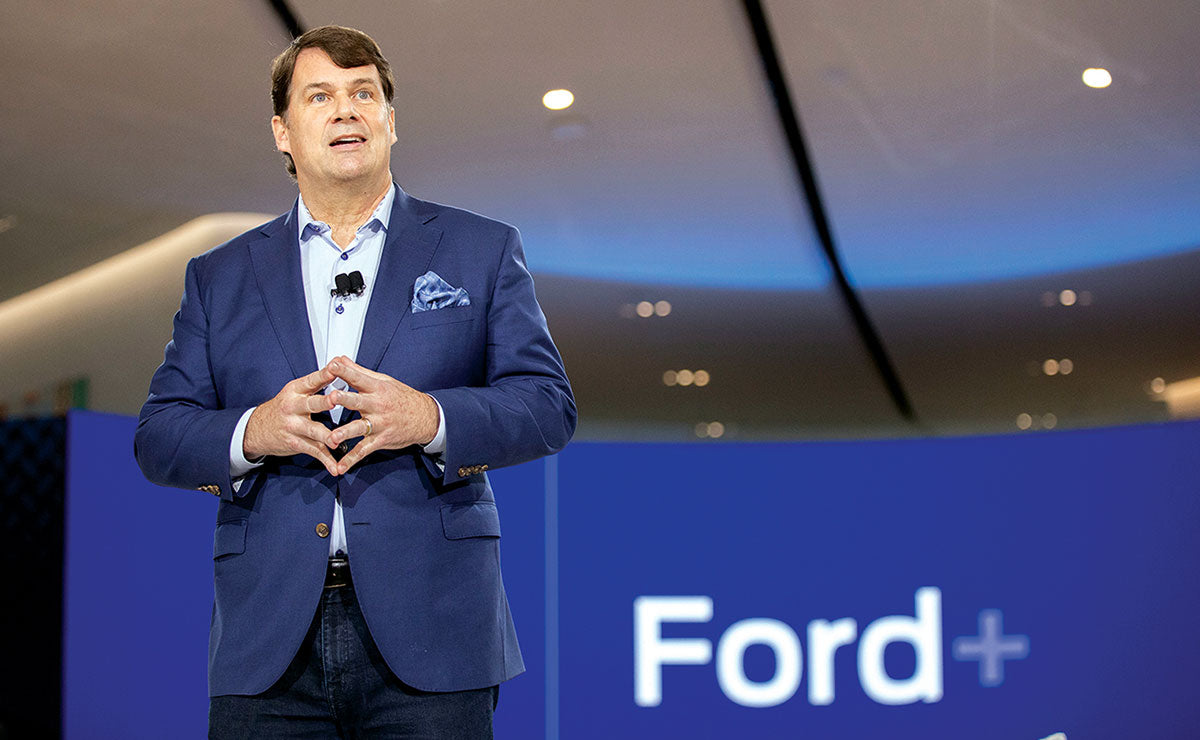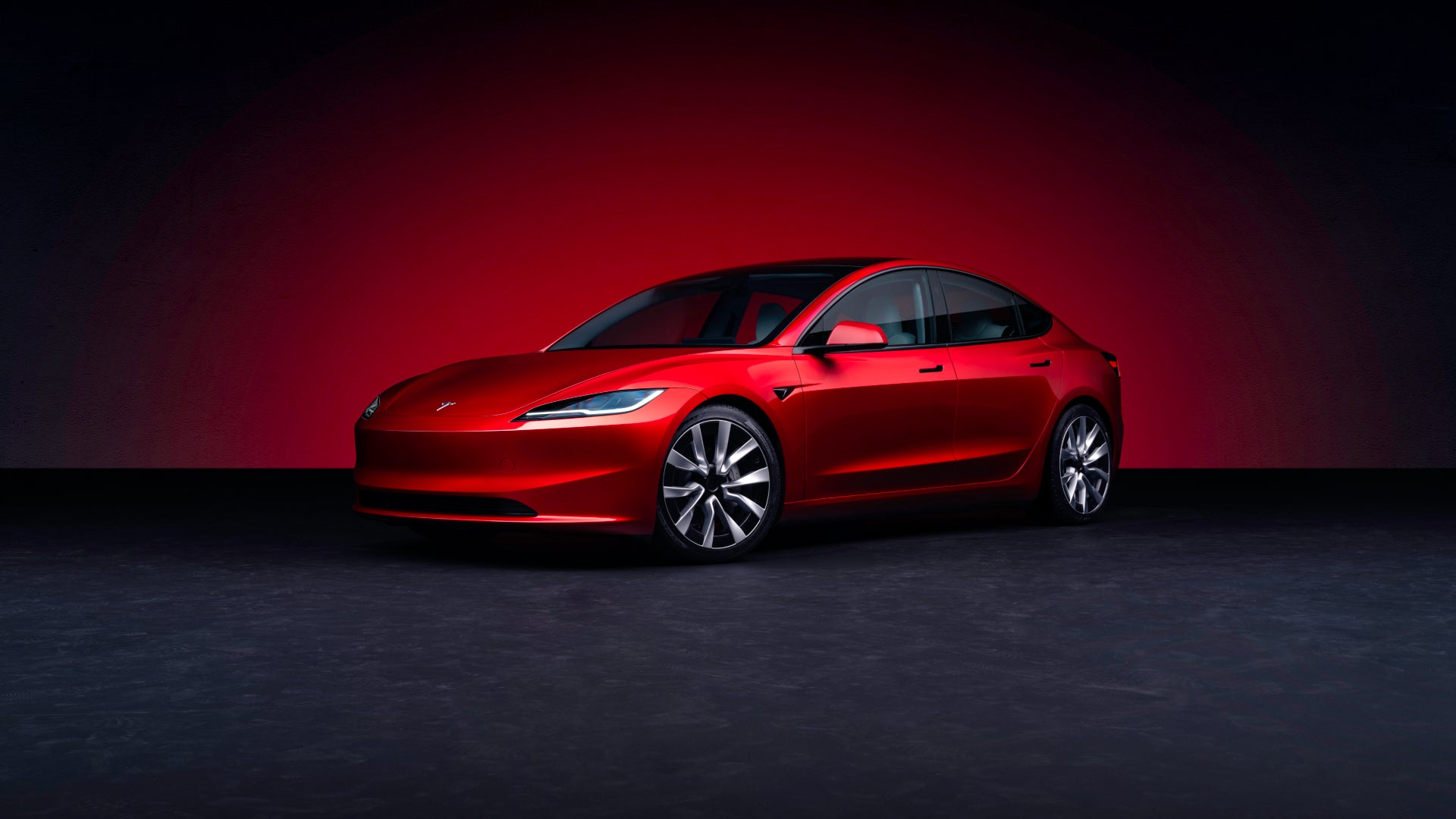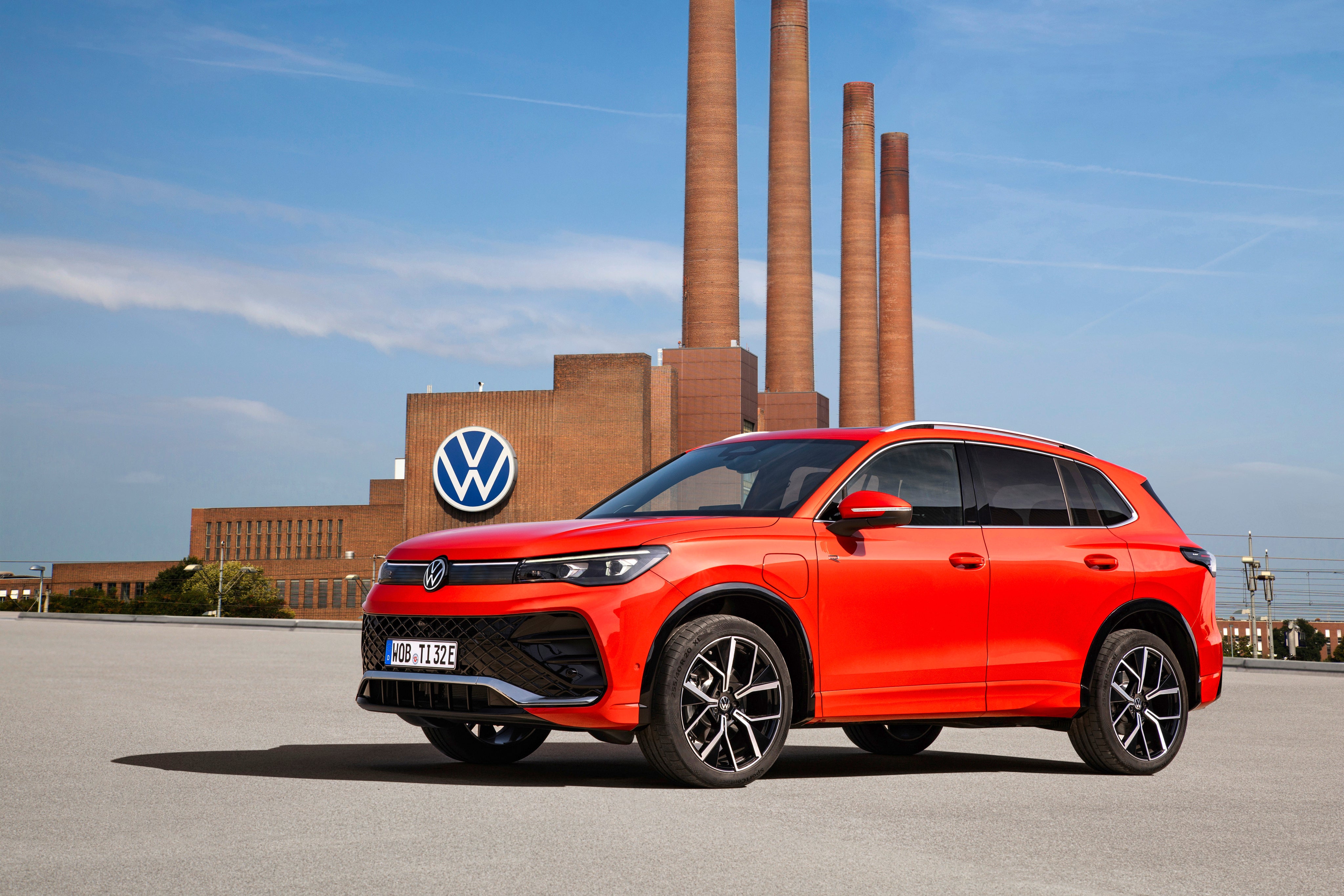Tesla News
- par Lars EVBASE
Union Strikes and Electric Dreams: A Rocky Road Ahead for the Big Three
- par Lars EVBASE
Cybertruck: Tesla's Trailblazing Electric Pickup Gears Up for Delivery
- par Lars EVBASE
Ford's Electric Strides in Q3 Overshadowed by Tesla and Rivian’s Pace
- par Lars EVBASE
Tesla's Q3 Performance and the Bigger Picture
- par Lars EVBASE
Mercedes Struggles in Electric Trucking While Tesla Thrives
Mercedes-Benz recently expressed concerns about the financial viability of electric trucks, stating they're far from matching diesel truck costs. Karin Rådström, the company's head, called for government interventions, such as subsidies and specialized charging infrastructure, to address these challenges. In contrast, Tesla's Semi trucks have already demonstrated their cost-efficiency and impressive capabilities in the "Run on Less" event. Tesla Semis offer significant savings in fuel and maintenance over their lifespan, potentially reaching up to $528,000 over 16 years. While Mercedes is still focusing on hydrogen-powered trucks, Tesla's all-inclusive approach, from product to infrastructure, positions them as leaders in the electric trucking revolution.
- par Lars EVBASE
The Saga of Unfulfilled Promises: Volkswagen's Rough Road Amid EV Aspirations






